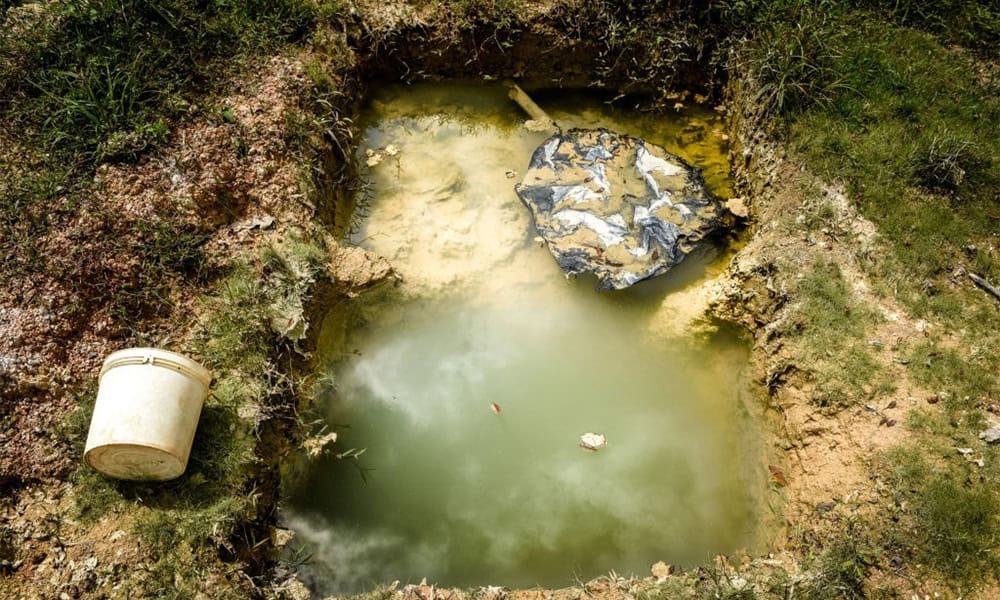The situation in Crucitas, San Carlos, is getting out of control. Authorities in San Carlos denounce the massive arrival of Nicaraguan miners in the Crucitas area, after the Ortega regimen decided to grant mining concessions to China near the San Juan River.
Crucitas, once the center of a failed open-pit gold mining project led by the Canadian company Infinito Gold, has become a hotspot for illegal extraction. The Costa Rican courts canceled the project in 2010 after years of legal battles, citing irreversible damage to the environment..
Nicaragua has granted concessions for three mining properties within the Indio Maíz Biological Reserve, located on the border with Costa Rica. This makes it easier for people to enter the Crucitas area. Local authorities have expressed concern about the environmental, social, and security impact of increased illegal mining in Crucitas.
Last week, the Municipality of San Carlos and Representative Gilberto Campos of the Progressive Liberal Party (PLP) asked the government to declare a state of emergency in the districts of Cutris and Pocosol. However, President Rodrigo Chaves described the request as “absurd.”
For years, the community has been facing problems of water pollution, theft, threats from illegal miners, and a social crisis that is deepening due to the lack of opportunities. However, no government has proposed a solution.
The crisis cannot be understood without revisiting Crucitas’ turbulent history. The mining concession was first granted in 2001 to Industrias Infinito, a subsidiary of Infinito Gold, on the condition that it provide an environmental impact study. However, just one year later, President Abel Pacheco issued a moratorium on open-pit mining.
In 2008, then-President Óscar Arias and his environment minister Roberto Dobles reignited controversy by lifting the moratorium and declaring the Crucitas mine to be in the public interest, even though the Constitutional Court had already annulled the original concession. The decision sparked widespread protests, with critics warning of deforestation, mercury contamination, and long-term damage to fragile ecosystems.
The saga culminated in December 2010 when the Administrative Court definitively canceled the Crucitas project, ruling that environmental harm outweighed any economic benefit. Costa Rica has since maintained its ban on open-pit gold mining, but Crucitas remains a magnet for illegal operations, largely beyond state control.
Fifteen years later, there’s still no solution for the community who has to live with the social, environmental and economic consequences this project left.








